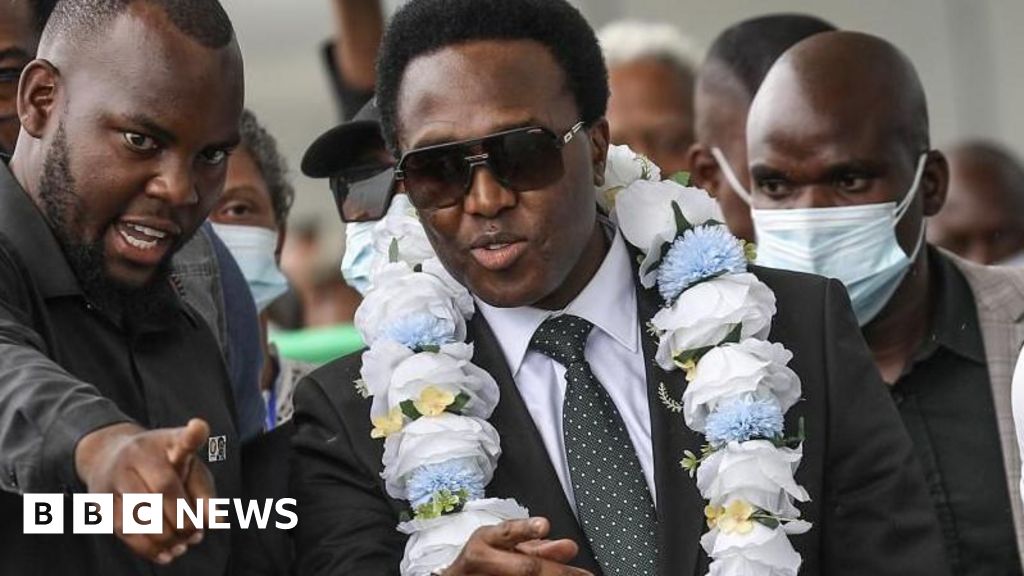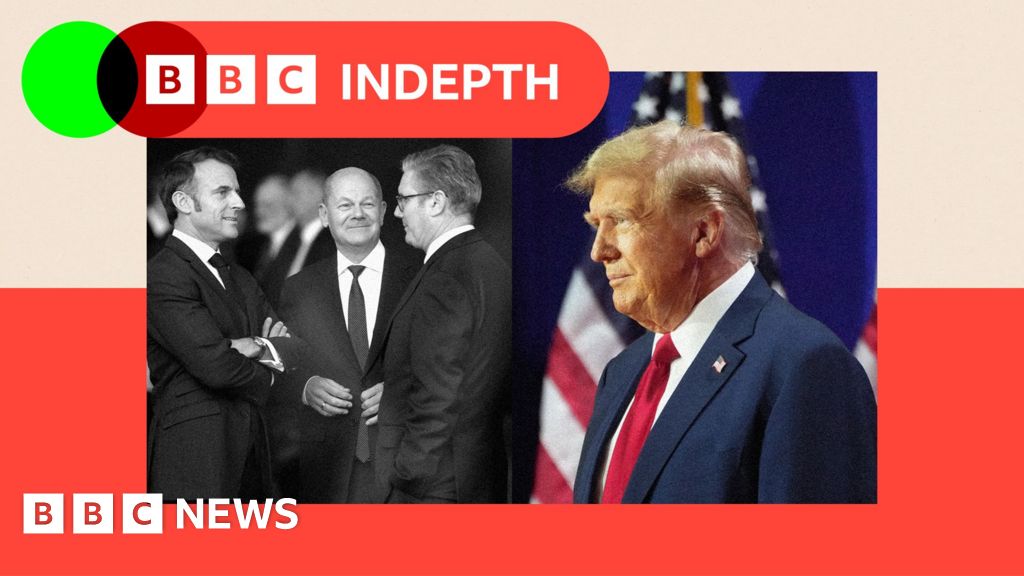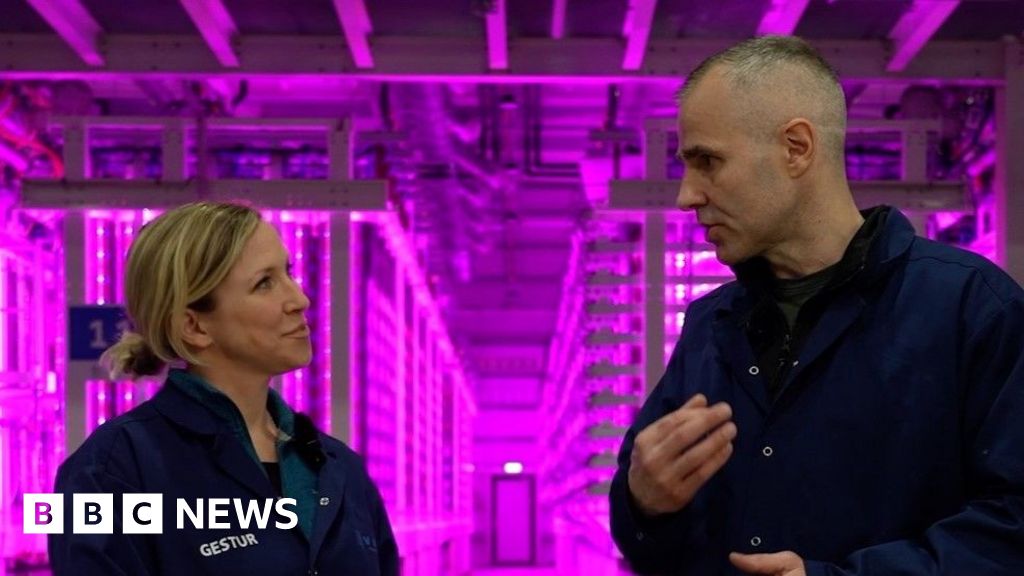ARTICLE AD BOX
By Jessica Parker
BBC Brussels correspondent
Image source, Getty Images
Image caption,EU officials say sanctions on Russian imports of coal and oil are definitely being considered
The EU is promising "further sanctions" against the Kremlin after allegations of Russian war crimes in Ukraine, with EU ambassadors meeting on Wednesday to decide what steps to take.
"The new sanctions will probably be adopted tomorrow," said French European Affairs Minister Clément Beaune.
The US is also planning more sanctions this week.
UK Foreign Secretary Liz Truss wants a "tough new wave" of sanctions from G7 and Nato ministers.
She said her Japanese counterpart had agreed the international community had to increase pressure on Russia's Vladimir Putin "and his war machine with further co-ordinated sanctions".
EU officials had earlier indicated the focus would be on enforcing existing measures. But revelations of atrocities, with hundreds of bodies of civilians found in towns abandoned by Russian troops, have given added impetus for new measures.
France has joined calls to target Russian oil and coal imports. EU Executive Vice President Valdis Dombrovskis says discussions are taking place and "it's definitely an option".
Diplomatic sources say a range of measures are being considered including a ban on the export of jet fuel. But some of the more hardline member states, including Poland and the Baltic countries, are sceptical the new measures will go far enough.
The EU has already adopted four rounds of sanctions, ranging from individuals including Vladimir Putin and hundreds of Russian MPs, to the financial and energy sectors. The 27 member states plan to cut use of Russian gas by two-thirds by the end of this year and then make Europe entirely independent of Russian fossil fuels by 2030.
There is an active debate in Germany on imposing a total embargo on Russian energy, but the government warns it would trigger a recession and mass unemployment and for the moment it has ruled it out. "If it would stop the war, then we would do it immediately," said Foreign Minister Annalena Baerbock.
Image source, Getty Images
Image caption,At the start of the war Germany was quick to halt the big Nord Stream 2 gas pipeline from Russia before it went online
Germany relied on Russian gas for 55% of its imports last year, while for the EU as a whole it was 40%.
Experts widely agree that sanctions agreed by the West are unprecedented.
Eddie Fishman rates the current measures at "seven or an eight of 10 in intensity". He was a lead official in the US State Department in 2014 when sanctions were drawn up in response to Russia's illegal annexation of Crimea in 2014.
"Oil remains the life-blood of Russia's economy," he argues. "Putin has made billions of dollars since the war began and Russia's oil sales remain very strong."
But there are other possible measures too. Although most major Russian banks were shut out of the Swift financial messaging system, two of the big Russian banks were not.
Again, it's energy-related. Sberbank and Gazprombank facilitate energy payments from Europe to Russia.
Lithuania has struck out and announced that from the start of this month it had put a stop to all Russian gas imports.
"Look friends, you can do the same," President Gitanis Nauseda told his EU counterparts. It had become possible through investment in liquified natural gas and electricity link infrastructure, he explained.
But could the EU, as a whole, really turn off the taps to Russian energy?
There have been warnings of factory closures, jobs losses and plummeting public consent for sanctions.
You would have to pray for warm and windy weather, says Jacob Kirkegaard of the German Marshall Fund. Warm to lessen the need for heating homes - and windy to power Europe's electricity generating turbines.
And while Mr Kirkegaard agrees with German Chancellor Olaf Scholz that a ban could trigger a recession, he believes the blow to Russia would be worse.
"The Russian government would, in my opinion, be compelled to start printing large amounts of new roubles with the risk of inciting significant additional inflation in Russia."
Beyond energy, sanctions so far have hit Russia's tech, aviation and finance sectors, as well as its oligarchs - the wealthy Russians who made their fortunes under President Putin's patronage.
But, as Ukraine's President Volodymyr Zelensky reminded Belgian lawmakers in an address last week, there are other awkward areas where business goes on.
Rough diamonds are still moving from Russia to Antwerp and sea ports remain open to Russian shipping.
So while trade ties between the EU and Russia have been seriously frayed, strained but lucrative connections remain.
War in Ukraine: More coverage
An energy embargo remains the "ultimate" economic severance weapon, and Germany is usually cited as the main obstacle to that. But other countries are accused of hiding behind Chancellor Olaf Scholz's frank assessments.
"Germany is really afraid of what might happen to its economy," says Prof Karen Pittel, a director at the Ifo Institute for Economic Research in Munich.
"But in principle, if it happens tomorrow, then we'll survive it."
She also believes that the outlook has shifted after President Putin began demanding payment for gas in roubles. Germany refused but Prof Pittel says it's possible there may come a time when Germany has no other choice than to abandon Russian energy.
It still seems extremely unlikely that Europe will be cut off from Russian supplies in one, big dramatic move, but pressure is mounting.
"Clear and determined sanctions are necessary. These sanctions are not working," Polish Prime Minister Mateusz Morawiecki said this week.
Until recently, the idea of an energy embargo would not have just seemed unlikely. It would have been unthinkable.

 2 years ago
19
2 years ago
19








 English (US) ·
English (US) ·